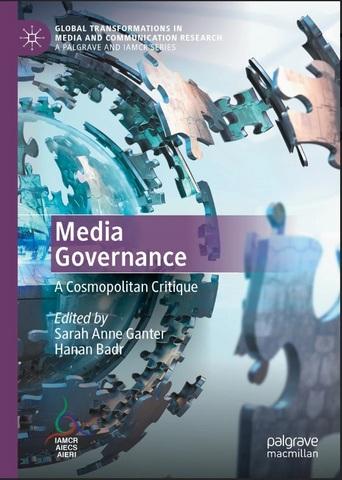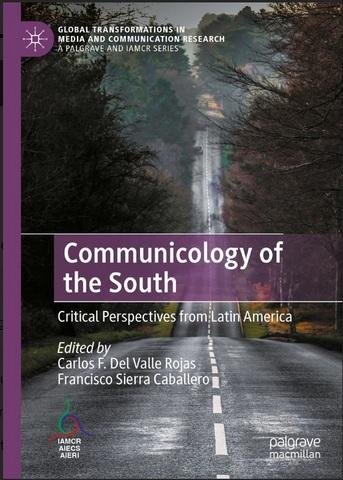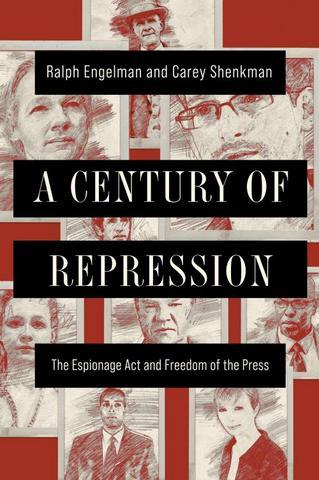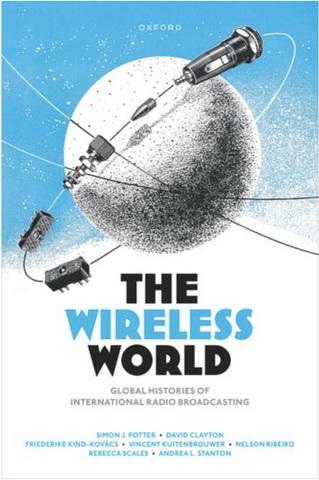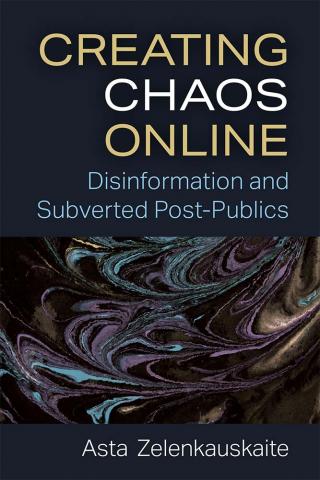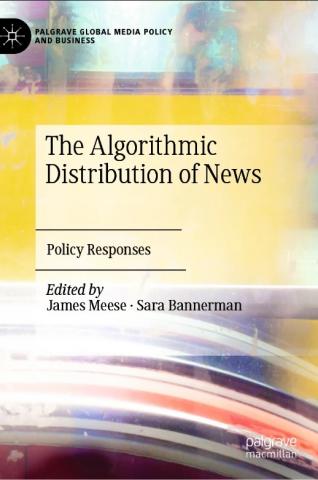







- ‹ previous
- 8 of 14
- next ›
IAMCR books
Edited by Sarah Anne Ganter and Hanan Badr, Media Governance: A Cosmopolitan Critique is the 19th title in the Palgrave/IAMCR book series Global Transformations in Media and Communication Research. The book offers a critical map to navigate the field of media governance.
Edited by Carlos F. Del Valle Rojas and Francisco Sierra Caballero, this is the 18th title in the Palgrave/IAMCR book series Global Transformations in Media and Communication Research. The book explores how communication confronts power, property and the market in Latin American cultures.
Members' books
By Ralph Engelman and Carey Shenkman, this book offers an unprecedented and panoramic history of the use of the Espionage Act of 1917 as the most important yet least understood law threatening freedom of the press in modern American history.
By Simon J. Potter, David Clayton, Friederike Kind-Kovacs, Vincent Kuitenbrouwer, Nelson Ribeiro, Rebecca Scales, and Andrea Stanton, this book sets out a new research agenda for the history of international broadcasting, and for radio history more generally.
By Asta Zelenkauskaite, this open access book argues that affect-instilled arguments used in public deliberation in times of uncertainty, along with whataboutism constitute a playbook for chaos online.
Edited by James Meese and Sara Bannerman, this volume explores how governments, policymakers and newsrooms have responded to the algorithmic distribution of the news.
